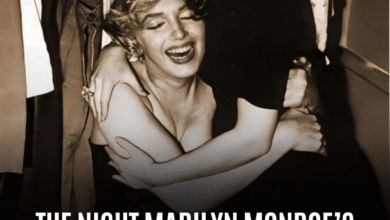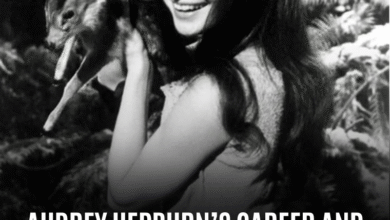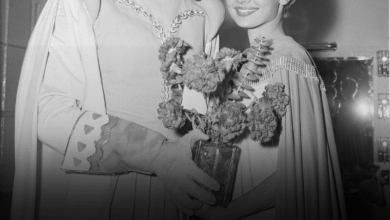Sean Connery Reveals the One Big Personality Trait He Stole from James Bond – A Lesson in Self-Assurance
OPINION: This article may contain commentary which reflects the author's opinion.
More than six decades after Dr. No first introduced the world to James Bond, Sean Connery’s influence over the cinematic 007 remains unmatched. While successive generations of fans may favor the Bond they grew up with — be it Roger Moore’s playfulness or Daniel Craig’s grit — Connery’s original portrayal continues to command universal respect. His rugged charm, refined confidence, and effortless cool shaped not only the franchise but also the very archetype of the modern action hero. Yet, as Connery himself admitted later in life, playing Bond wasn’t just a career-defining role — it left a lasting imprint on his own personality.
During his five-film run throughout the 1960s, Connery’s relationship with Bond was complicated. He famously grew to resent the character’s stranglehold over his career, at one point declaring he “always hated that damn James Bond” and even quipping that he’d “like to kill him,” as The Hollywood Reporter once noted. His temporary exit after 1967’s You Only Live Twice and reluctant return for Diamonds Are Forever in 1971 were driven less by passion for the role and more by lucrative offers that allowed him to fund personal projects, such as his Scottish International Educational Trust.
In public interviews during that period, Connery was blunt. A 1971 BBC interview showed him attributing his Bond comeback purely to financial and creative leverage rather than any lingering affection for the character. Bond, for Connery, was a means to an end — at least outwardly.
But time has a way of softening even the sharpest grievances. In a later 60 Minutes retrospective, Connery offered a more nuanced reflection. He acknowledged that embodying James Bond had gifted him something invaluable: self-assurance. Asked if Bond’s characteristics were with him before he took the role or if he absorbed them over time, Connery admitted, “I never had the assurance that he had in the films as a person. And the more one played it the easier that was to convey.”
He continued, explaining that a crucial part of playing Bond was making difficult things look effortless — a skill that, while vital for the screen, seeped into his real-life persona. Connery, already blessed with natural charisma, found his confidence deepening through his years wearing Bond’s tuxedo.
Despite his protests, it’s clear that Connery and Bond were more alike than he often let on. His journey from the working-class streets of Scotland to the pinnacle of Hollywood success mirrored Bond’s own ascension from humble roots to legendary status. His commitment to refining his intellect, appearance, and presence echoed the very traits that made Bond iconic.
Sean Connery passed away in 2020, but his legacy endures — not just through the character he helped immortalize, but through the mark that character left on the man himself. In the end, Bond didn’t just need Connery. Connery, it seems, took a part of Bond with him too — a quiet confidence that would define him both on and off the screen for generations to come.
Would you also like me to suggest a headline variation or a short social media caption if you plan to promote this article? It could help attract even more readers!



